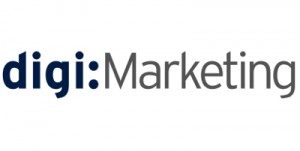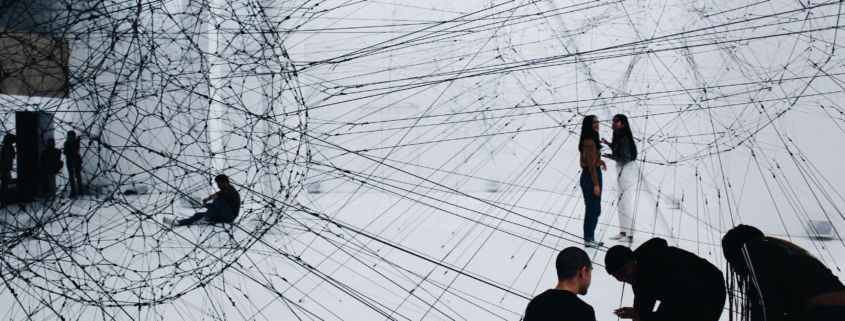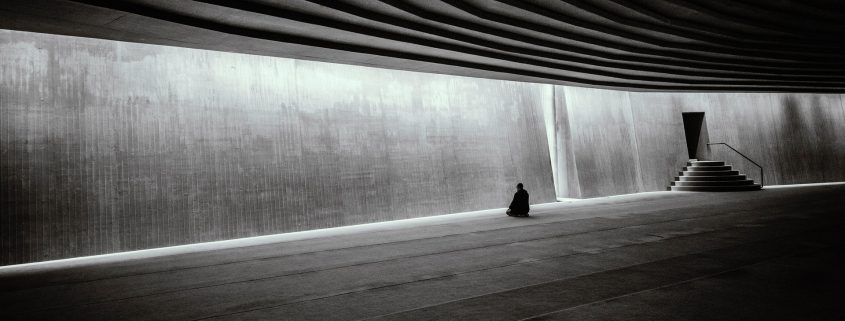We’re a long way from the halcyon days of the early internet, when the promise of a decentralized digital communications network meant anyone could talk to anyone without appealing to the gatekeepers. Knowledge would be liberated from elite newsrooms and stodgy old encyclopedia sets. “Information wants to be free” was the slogan of the day.
We’ve since learned “free” information often has a price.
Fast-forward to 2019, when science fiction author Neal Stephenson’s book, Fall; or Dodge in Hell, traces a near future in which the internet is nicknamed the “Miasma.” The digital haves and have-nots are separated by who can afford human “editors” to curate the web, filter out the rubbish, and guard their employers’ identities and information online. There are those privileged enough to float above the noise, selectively dipping in for reliable information, and those drowning in, and being driven mad by, the mass of disinformation and propaganda lurking below.
Read more


